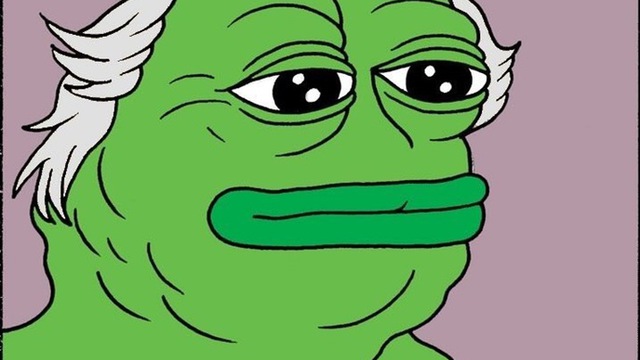Migrants / Media / Metropolis
Migration and media-activists gather with theorists and labour organizers to discuss and share best practices in the fight against precarity and insecure labour conditions. Sharing inspiring examples of social justice unionism and creative campaigning like Justice for Janitors in the U.S. and Cleaners For a Better Future in the Netherlands.
Read
